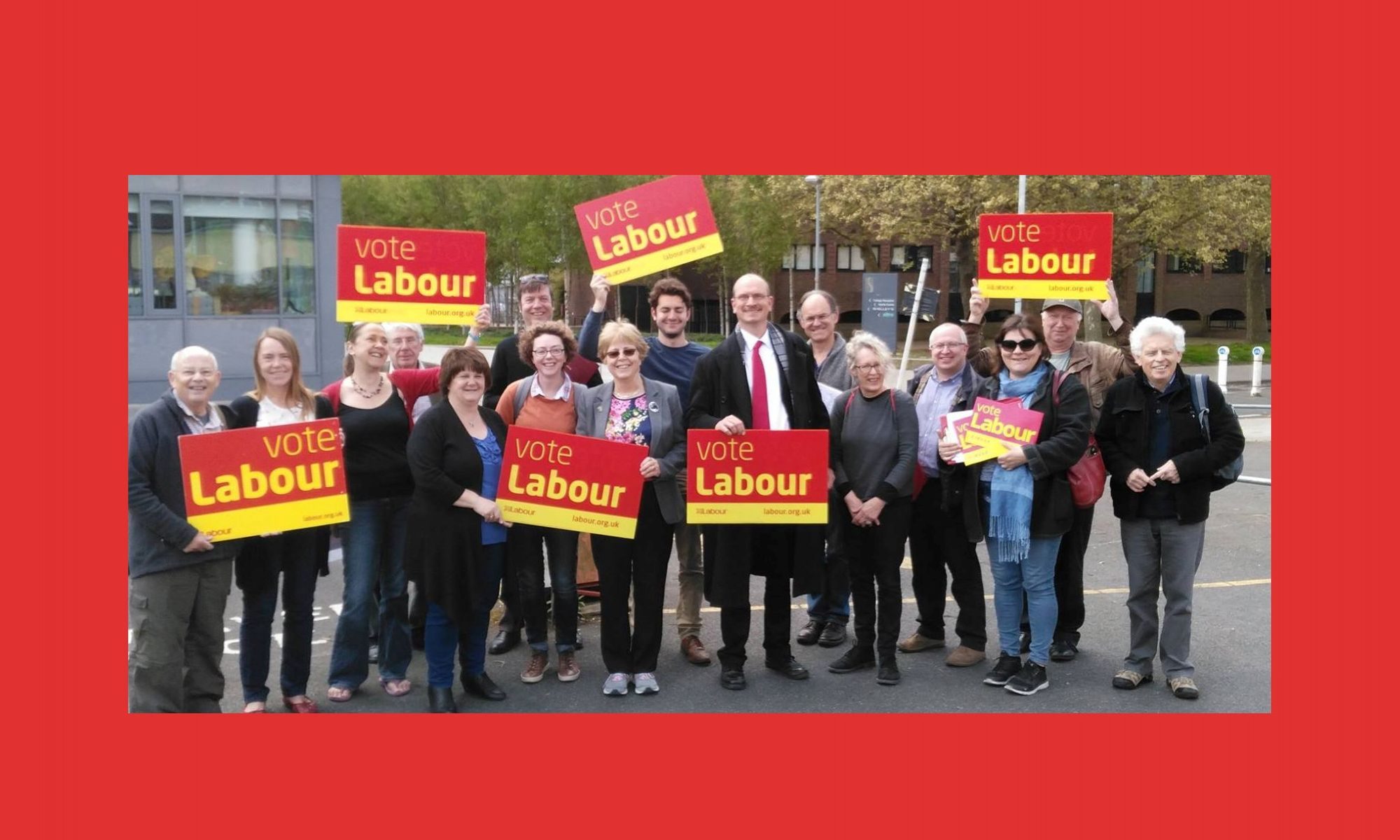On Wednesday, the House of Commons voted on the Lords’ amendment to the European Withdrawal Bill to give the House of Commons the right to amend the deal which we expect to see sometime this autumn. The MPs voted by 319 to 303 NOT to accept the amendment. That means that 319 MPs (almost all Conservatives) voted to prevent themselves from having any right to change the government’s deal when it arrives. The control over the final deal now rests very firmly with the Government and not with the House of Commons. As Hilary Benn MP said during the debate “There will be no further opportunity for this House to take back control”.
When people voted to “take back control” at the European Referendum in 2016, they wanted that control to rest with themselves. They were not voting to allow Theresa May to take all the decisions for them – indeed, she wasn’t even Prime Minister at that time. Much was made of the “democratic deficit” of the European Union. The view was that decisions should be taken by people who we have elected, and that we should have the opportunity to let them know what we felt, and vote them out if they hadn’t listened to us. This view is wholly commendable – it’s called “representative democracy”.
It is impossible for every voter to vote on every issue, and so the voters elect someone to represent them who will take part in decision-making on their behalf. For that to work, the representatives have got to be able to actually make the decisions. Obviously, the representatives won’t all agree about every issue, so there have to be votes among the representatives, and there has to be some mechanism for translating the support of the majority for an issue into making it actually happen. On Wednesday the majority of the House of Commons voted to ditch any such mechanism, so that even if a majority of MPs think the government’s deal has serious flaws when it comes before us in the autumn, they have already voted to stop themselves from being allowed to change it.
Last Friday, Conservative MP Sir Christopher Chope managed to stop a Bill to protect people with mental health problems from dangerous physical restraint, simply by talking for too long at the crucial moment. He then objected to every Private Member’s Bill on the list, apart from his own, thus preventing the Bill against “up-skirting” from going forward (the perverted use of mobile phones to photograph up women’s skirts). Both of these Bills will actually go ahead, because they are supported by the Government. But he has delayed them, and if the government had not decided to bring in its own Bill against upskirting that would have been lost altogether. Just by shouting “object” he undermined the will of Parliament, and of the countless thousands of voters who had urged their MPs to support these Bills. We cannot continue to put up with bizarre procedures which thwart Parliamentary democracy in this way.
On Tuesday, we had the spectacle of Chloe Smith MP telling the House of Commons that it was completely wrong for the MPs in the House to get in the way of what the Government wanted to do. MPs had already voted to support a Private Member’s Bill to re-run the Boundary Review, because the review currently going ahead is based only on voters who were registered before 2015 – it has ignored all those newly registered for the European Referendum and the 2017 General Election. But the Government used its power to prevent any money being spent on actually processing the Bill, so that although it had been passed by the MPs it was being blocked by the Government. If Chloe Smith is right, and MPs in the House of Commons have no legitimate role in changing anything the Government might want to do, then it is hard to know what she thinks Parliament is for.
The British people believe in democracy. They hope that their elected MP will stand up for their constituency in Parliament, and represent the views of the people who live there. They trust that if the majority of MPs believe the Government is wrong about something, and vote to change it, that change will have effect. Alas, the present government clearly doesn’t share that view. Theresa May is treating Parliament with contempt – it’s not just damaging her reputation but, far more importantly, undermining democracy in our country.
